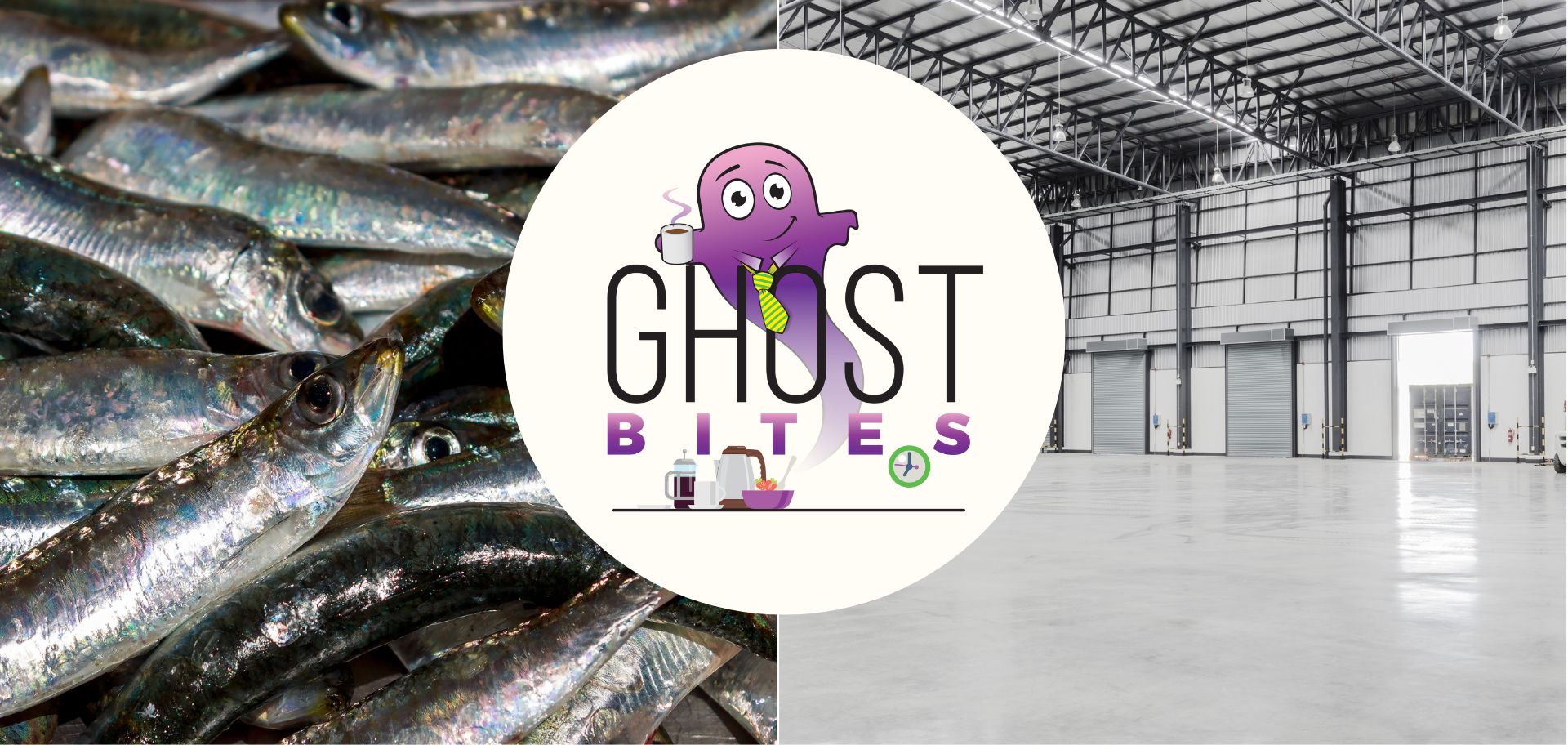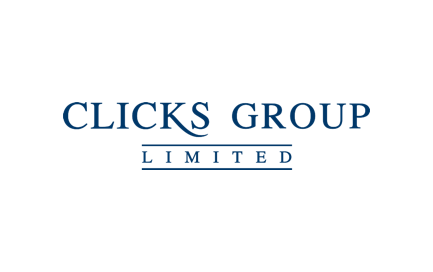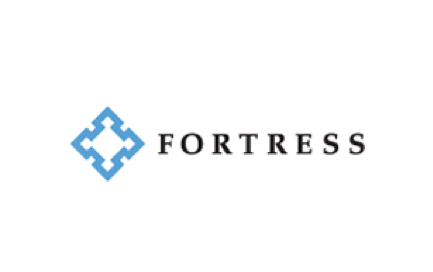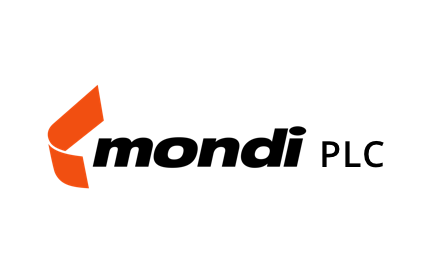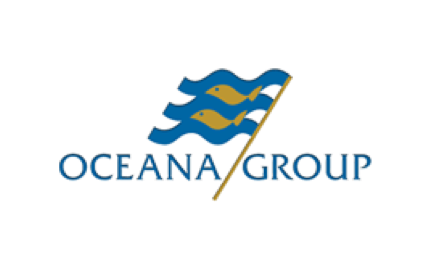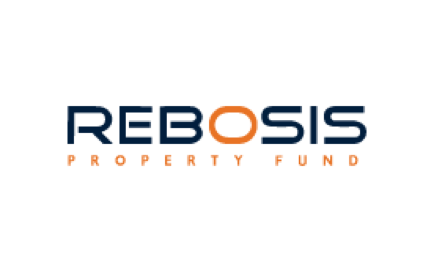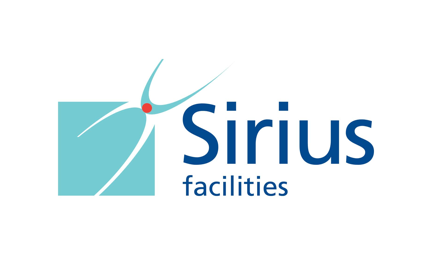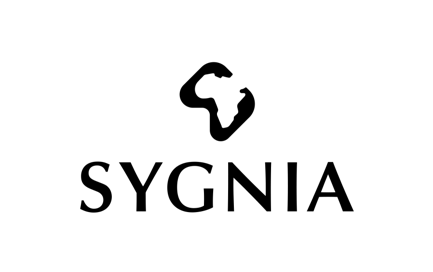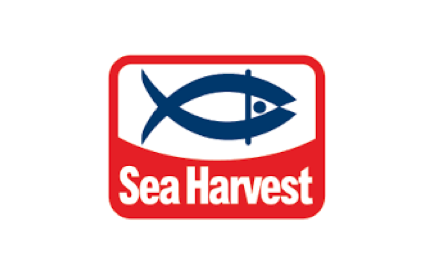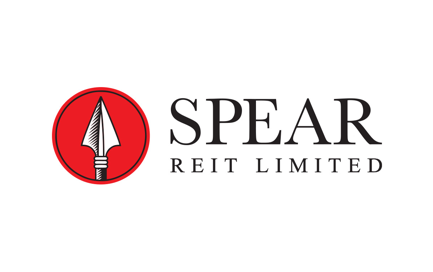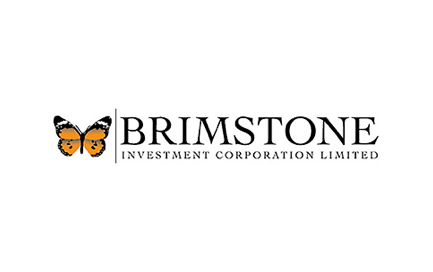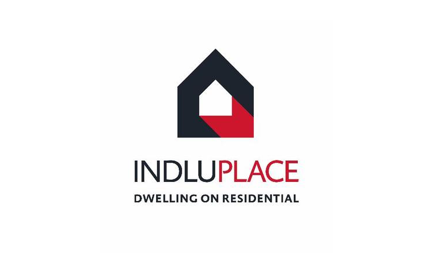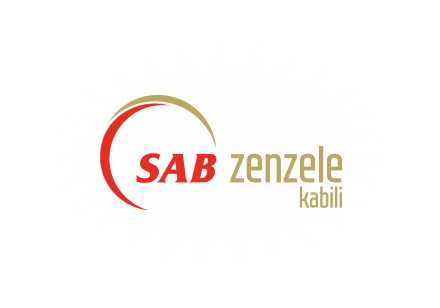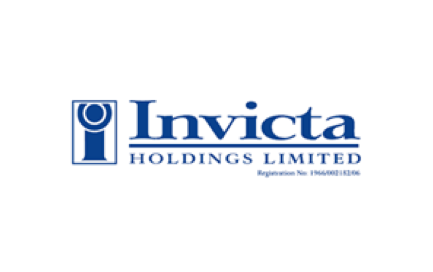Capital Appreciation revises HEPS guidance (JSE: CTA)
The credit loss provision for GovChat must be included in the HEPS calculation
In the trading statement published in May, Capital Appreciation reported that Earnings Per Share (EPS) would be between 45.5% and 44.0% lower for the year ended March 2023. This was primarily due to the credit loss provision on the GovChat amount of R70.8 million.
HEPS guidance was for a drop of between -2% and -1%, which reflects growth in expenses ahead of revenue.
After discussion with the auditors, the company released a revised trading statement that includes the impairment in the HEPS number. This means a drop of between -45.2% and -43.7%. in HEPS.
None of this changes the cash earnings of the group.
Clicks gets a little sweeter (JSE: CLS)
Will we see anything meaningful done with the Sorbet acquisition?
The acquisition of the Sorbet franchise chain by Clicks for R105 million has been approved by the Competition Tribunal, although as usual this comes with the standard forced B-BBEE Ownership clause that means Clicks will need to do something specifically at Sorbet level. There are also requirements to increase local manufacturing of Sorbet branded products and to train staff.
The only effect of the current approach by our competition authorities is that acquirers are pricing for these conditions and offering less for businesses. The very last thing that the South African economy needs is heavy-handed regulators.
I’ll be interested to see what Clicks does with Sorbet. It’s not hard to see the opportunity to get your nails done while waiting 30 minutes to see a pharmacist.
Fortress goes it alone with the Pick n Pay DC (JSE: FFA JSE:FFB)
Pick n Pay has opted to retain its capital and rather pay a higher rental
Back in May 2021, Fortress and Pick n Pay agreed to develop a huge new distribution centre (DC) at Eastport Logistics Park, owned by Fortress. The idea was for Pick n Pay to own 60% of the asset, with Fortress holding 40%. Pick n Pay intended to rent it on a 7% yield of total development cost, with an initial term of 15 years and an escalation of 6% per annum.
That was then and this is now, with Pick n Pay seemingly having more important uses for the cash. Based on the retailer’s recent trading performance, I’m not surprised.
The deal has been amended such that Fortress will own 100% of the asset and Pick n Pay will rent it on a yield of 8.5%. The term of the lease remains at 15 years with a 6% escalation. The development cost is R2.13 billion.
Pick n Pay will retain a first right of refusal on any potential disposal of the asset.
This means that Fortress won’t receive the R1.3 billion cash from the sale of 60% to Pick n Pay. The fund’s loan-to-value ratio is expected to remain at 37.5% (as reported at the end of December 2022).
One of Mondi’s Russian deals falls over (JSE: MNP)
The sale of Mondi Syktyvkar to Augment Investments has been terminated
Mondi would like to sell its Russian business for rather obvious reasons. This is proving to be difficult, with the sale to Augment Investments failing to make progress in obtaining regulatory approvals to complete the deal.
Mondi has run out of patience and has not agreed on an extension to meet the conditions. Instead Mondi will look for another buyer.
Importantly, the sale of the three Russian packaging operations to Gotek Group is not connected to this deal and the transaction is still underway.
Oceana investors count their Lucky Stars (JSE: OCE)
Here’s a rare beast: an FMCG business doing well in this environment
When fishing works, it works well. Oceana has reported on the six months to March 2023 and the results are excellent, with HEPS jumping from 140.4 cents to 313.5 cents. The 123% growth in HEPS was driven by a 48% increase in revenue, so there’s today’s example of how operating and financial leverage work in practice. In short, most business models tend to magnify a percentage change in revenue into a larger percentage change in profits.
The revenue performance was a combination of improved pricing for products and higher opening inventories that ensured stock availability and the ability to offset tough operating conditions with load shedding and the like. Notably, Lucky Star’s volumes reached record levels. The weaker exchange rate also helped with the translation of US dollar revenue into rand.
Despite the jump in revenue, gross profit was actually slightly down at 27.1% vs. 27.2%. The cost of imported frozen fish for Lucky Star put a dampener on the party.
The operating profit jump of 92.7% was thus due to operating costs increasing at a slower rate than revenue, rather than because of efficiencies at gross margin level.
It also didn’t do HEPS any harm that the effective tax rate reduced to 25.5% vs. 32.6%. Along with the benefit of higher inventories at the start of this period, this is part of why I think investors should be cautious in interpreting this massive jump in HEPS.
Although net debt increased from R2.2 billion to R3.0 billion, net debt to EBITDA improved from 1.8x to 1.6x because the underlying performance was so strong. EBITDA can be volatile, so the impact of the weak rand on US dollar denominated debt is something that investors shouldn’t ignore. Although not in this reporting period, Oceana has used the proceeds of the sale of CCS Logistics for R760 million to reduce debt.
Over the past year, we can possibly conclude that fish beats chicken:

Or, we could just conclude that Oceana should count its Lucky Stars, as Sea Harvest Group seems to taste just like chicken:

An update on the Rebosis garage sale (JSE: REB)
There are 22 preferred bidders in the due diligence and offer phase
Rebosis Property Fund is in business rescue. It’s not rocket science to figure out that the only way to “rescue” a property fund is to sell off assets to try and reduce debt.
In the Public Sales Process that got off to a very embarrassing start with email address failures, there were 45 participants who eventually submitted expressions of interest for properties in the portfolio. From this process, the various stakeholders at Rebosis chose 22 preferred bidders to go through to the due diligence and offer phase.
The company is on track to receive final binding offers by 29 June.
The business rescue practitioners believe that there is a “reasonable prospect” of rescuing the business. That doesn’t necessarily mean that equity investors won’t lose money.
Sirius: dividends are up but valuations are down (JSE: SRE)
The share price is now flat over the past 12 months
Well, what went up has certainly come down. As I warned at the time, buying a property fund on a huge premium to its net asset value per share is just silly. Here’s what that looks like on a chart for Sirius:

You can’t see it easily on the chart, but the peak was over R30 at the end of 2021. Even after a strong performance in recent times with rand weakness as a major help, the price is still 30% off those peaks.
This isn’t because there is anything wrong with the underlying business. Sirius grew Funds From Operations by 36.9% in the year ended March 2023 and achieved a 7.7% increase in the group annualised like-for-like rent roll. The total dividend for the year was 28.8% higher.
Sirius tries hard to convince the market that the premium to NAV is justified, with disposals in the period coming in at a 25% combined premium to book value. That’s all good and well, but I would argue that the disposals will be a cherry-picked view on the portfolio.
The group notes that 95% of total group debt is fixed for the next 3.25 years. The announcement doesn’t remind investors that a recent refinancing process drove a substantial increase in the weighted average cost of debt, the effect of which is coming in the next period. With a loan-to-value ratio of 41.6%, debt is a bit on the high side in my view.
The NAV per share calculated in line with EPRA standards is €1.0811 or R22.31 at current rates. The share price of R21.13 is thus a slight discount to NAV.
Sygnia’s earnings drop slightly (JSE: SYG)
The payout ratio is considerably higher as the dividend has increased 8.8%
In the full earnings report for the six months to March 2023, Sygnia talks about how investors have withdrawn savings to cope with the cost of living and the need for solar power installations. Emigration also comes up in the report. Institutional withdrawals exceed contributions, with unemployment and retrenchments as an issue.
Sygnia has R253.3 billion in institutional assets under management and R59.4 billion in retail assets under management. Both these numbers are higher than in the comparable period thanks to an increase in market prices over this period.
This makes it difficult for any of the asset management firms in South Africa, with Sygnia increasing group revenue by just 2.8% despite assets under management and administration increasing by 9.7% thanks to higher equity values in this period. Expenses are up 11.1% and after-tax profit fell by 0.5%. At the all-important HEPS level, the drop was 0.9%.
Despite this, the interim dividend per share is up 8.8%.
Little Bites:
- Director dealings:
- Associates of directors of Ascendis Health (JSE: ASC) have acquired shares worth R286k.
- An associate of a director of Sea Harvest Group (JSE: SHG) has acquired shares worth R237.5k.
- Associates of the CEO of Spear REIT (JSE: SEA) have bought shares worth nearly R134k.
- An associate of a founding director of Brimstone Investment Corporation (JSE: BRT) has bought N ordinary shares in Brimstone worth almost R75k.
- Shareholders of Indluplace (JSE: ILU) have approved the scheme of arrangement for the takeout by SA Corporate Real Estate (JSE: SAC).
- Castleview Property Fund (JSE: CVW) will pay a dividend for the 13-month period ended March 2023, as the financial year-end was changed after the I Group Investments properties were reversed into the structure. The dividend will be between 14 and 18 cents per share, which is tiny relative to the R7.10 share price.
- SAB Zenzele Kabili (JSE: SZK) has approved the declaration of a dividend of 45 cents per share. The price is all the way down at R36, a painful learning experience for those who stubbornly pushed it up to R180 per share back in 2021 despite numerous warnings on Twitter against this strategy.
- If you hold fewer than 100 Invicta (JSE: IVT) shares, take note that the odd-lot offer is going ahead. If you don’t specifically choose to retain your shares by the deadline on 4th August, they will be automatically sold to Invicta at a 5% premium to the 30-day VWAP.

